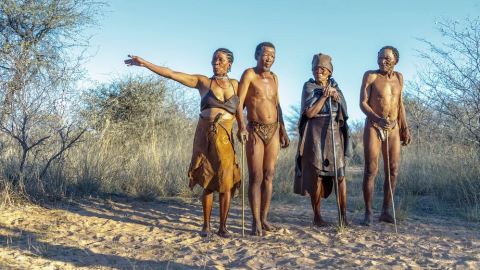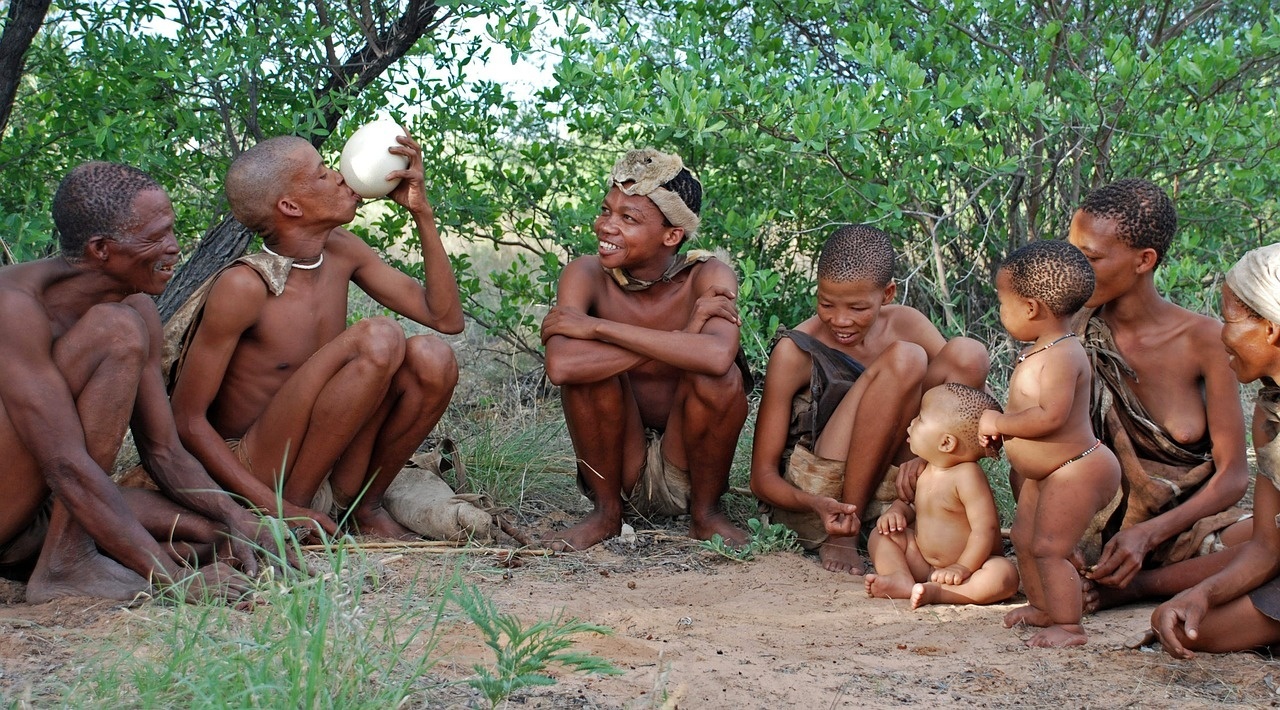Study: Early Men and Women Were Equal in Tribal Society

Inequality among men and women is a feature of our post-agrarian society, not a quality inherent to earlier hunter-gatherer groups, according to new analyses done by anthropologists at University College London. The study opposes the notion that sexual equality is merely a goal of modern society that is mostly free of concerns over resource scarcity.
The researchers examined how contemporary hunter-gatherer groups formed social relationships and self-organized, one in the Congo and one in the Philippines, “including kinship relations, movement between camps, and residence patterns, through hundreds of interviews.”
They found that women had as much say as men concerning the group’s most important decision, such as when to move on from an area and with whom the groups should socialize. Specifically, anthropologists believe women’s influence resulted in larger and more diverse social networks — a quality that was surely advantageous form an evolutionary perspective.
“When only men have influence over who they are living with, the core of any community is a dense network of closely related men with the spouses on the periphery,” said anthropologist Mark Dyble. “If men and women decide … you come into contact with more people and you can share innovations, which is something that humans do par excellence.”
Only with the dawn of agriculture, when resources could be accumulated, did imbalances in influence emerge. At that point, it became advantageous to form alliances with other male-dominated groups that likewise hoarded resources. Researchers say that our post-agrarian society more closely resembles chimp societies than hunter-gather ones, since chimps live in male-dominated, highly stratified hierarchies.
Thankfully, organizations are increasingly realizing the benefits of creating a workforce that is sexually equal. As Tim Hanstad, president and CEO of Landesa, a nonprofit dedicated to securing land property rights for the world’s poorest people, explains, empowering women is a rising tide that lifts all boats.
Read more at The Guardian.




